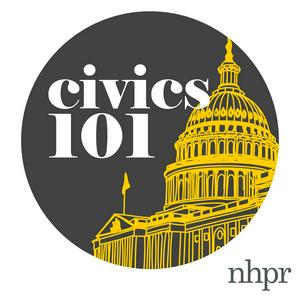The rules about who could and could not come and live in the United States have changed many times over the last 250 years, but exactly when restrictions were first put on immigration might surprise you.
Today, walking us through the myriad qualitative and quantitative systems surrounding immigration policy is Muzaffar Chishti, Senior Fellow and Director of the Migration Policy Institute.
Here are some links to our episodes on: The Chinese Exclusion Act, ICE, and Becoming a US Citizen.
Learn more about your ad choices. Visit megaphone.fm/adchoices


